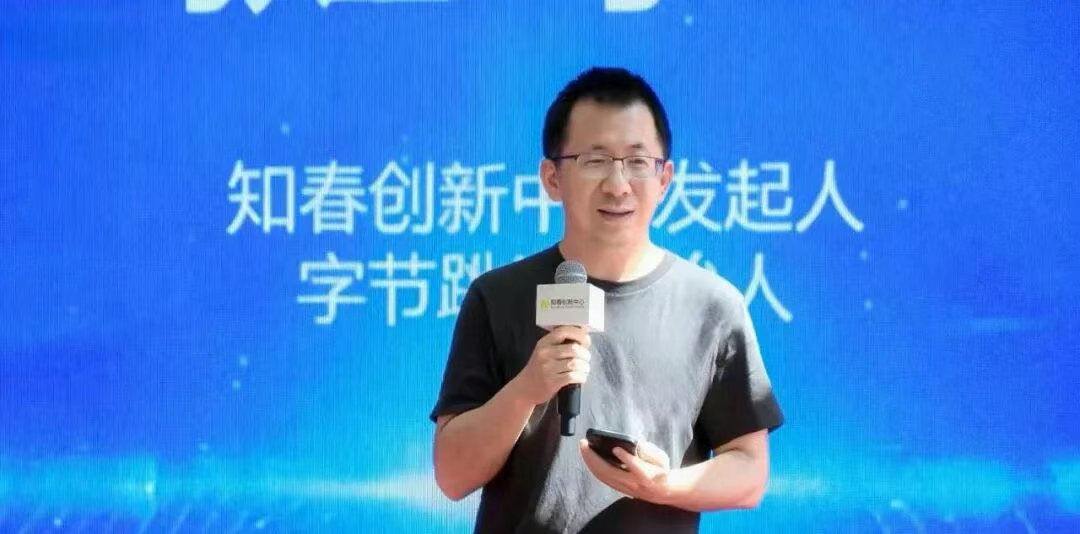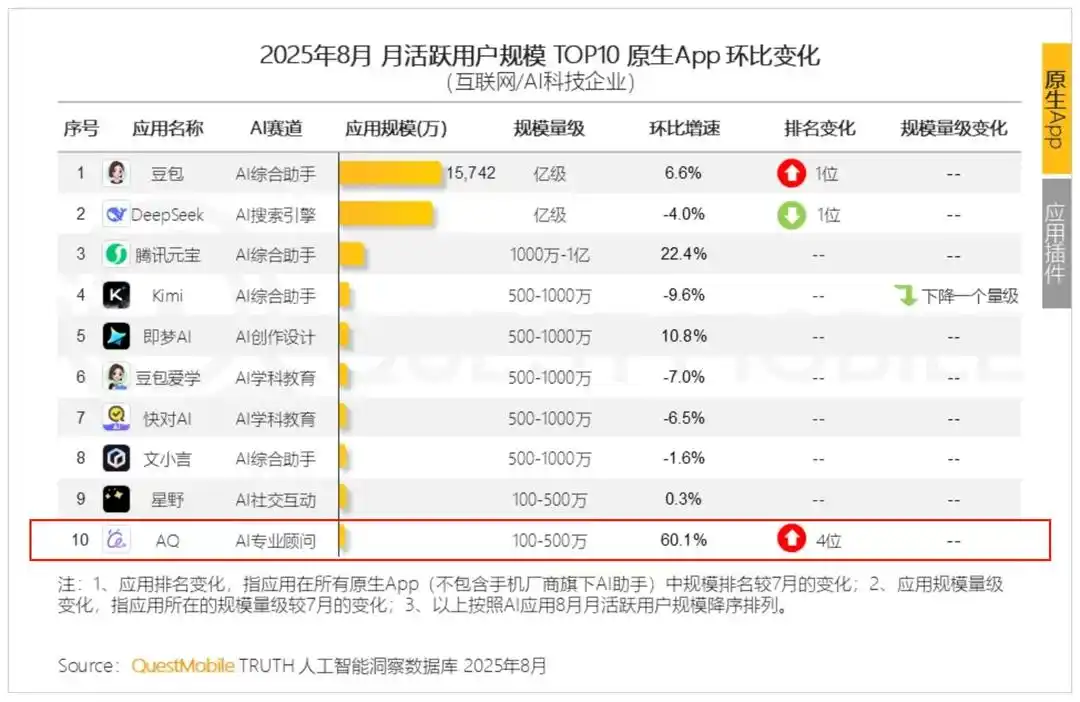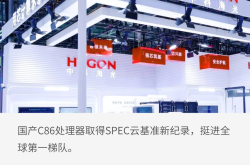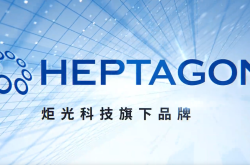After 4 Years of Retirement, Zhang Yiming Makes a Long-Awaited Appearance! Internet Giants Are Collectively Making a Comeback
![]() 10/11 2025
10/11 2025
![]() 609
609
Huaxi Securities once again entangled in a listed company fraud case
Recording failed? Subsidiary of iFLYTEK questioned by shareholders
Source: Shenlan Finance
After four years of retirement, Zhang Yiming makes a rare public appearance, signaling his return and seizing the AI opportunity.
According to the Zhichun Innovation Center's official account, on October 9th, the Shanghai Xuhui Zhichun Innovation Center officially opened, with ByteDance founder Zhang Yiming making a long-awaited appearance and delivering a speech. This internet leader, who announced his resignation as CEO four years ago, used the machine learning concept of 'overfitting' to elaborate on his thoughts on talent cultivation.

According to data from the Bloomberg Billionaires Index and Forbes' rich list, in March this year, Zhang Yiming topped China's rich list, becoming China's richest man for the first time. Behind him, ByteDance's AI engine is operating at full speed like never before.
Looking back at this year, internet giants who have been keeping a low profile for the past few years are gradually returning to the public eye: Jack Ma is driving Alibaba's AI strategy behind the scenes, Liu Qiangdong is personally leading JD.com's food delivery business, and Zhang Yiming is frequently traveling between China and Singapore, continuously focusing on AI business layout (which means 'layout' in Chinese). Their return is not only a personal 're-leveling' but also seen as an important signal of renewed confidence among China's private enterprises.
1. Zhang Yiming Makes a Long-Awaited Appearance After Four Years of Retirement
In May 2021, Zhang Yiming announced his resignation as ByteDance CEO in an all-staff letter, stepping away from the spotlight. Over the past four years, he has remained largely out of sight but has consistently focused on talent recruitment and cultivation.
At the Zhichun Innovation Center event, Zhang Yiming shared his observations: many talents' potential remains untapped. He used the term 'overfitting' to describe individuals who excel in specific areas but struggle with innovative challenges. Zhang believes the same applies to talent cultivation—some individuals possess strong professional skills but struggle in innovative tasks.
Zhang emphasized that the Innovation Center aims to cultivate young talents who are mentally active, passionate, and resilient, encouraging them to think independently, value practice, and maintain a long-term perspective.
The Zhichun Innovation Center was co-founded by ByteDance founder Zhang Yiming and Professor Yu Yong, founder of the ACM class at Shanghai Jiao Tong University. Positioned as a private non-profit institution, it will open recruitment to young people interested in general computing and artificial intelligence.
In fact, Zhang Yiming has deep ties with Yu Yong. As early as ByteDance's 8th anniversary, Zhang mentioned in an internal letter, 'For a while, I noticed that many of our excellent algorithm talents came from Shanghai Jiao Tong University's ACM class. I specifically visited Professor Yu Yong in Shanghai. The success rate of talents from Jiao Tong's ACM class, along with my subsequent research on Minerva University, made me directly recognize that education is crucial for unlocking human potential, and education itself still has immense potential.'
Like other internet giants, Zhang Yiming's retirement does not mean complete detachment from ByteDance's core business. Prior to this public appearance, in June this year, sources told a First Financial reporter that Zhang had moved back to Beijing from Singapore and was attending monthly review meetings of ByteDance's AI core team (Seed), personally overseeing large-scale model research and development.
Today, ByteDance is accelerating its construction of an AI landscape. From the Doubao large model to Volcano Engine, from affective computing to video generation, ByteDance is making comprehensive efforts in the AI era.
2. Beyond Doubao, ByteDance's Full-Stack AI Layout Emerges
Most users recognize ByteDance AI through Doubao, but Doubao is just the tip of the iceberg.
On September 16th, market research firm QuestMobile's latest mobile internet data for August 2025 showed that Doubao had 157.42 million monthly active users, surpassing DeepSeek for the first time and topping China's native AI application monthly active user rankings. Its growth stems from super app referrals like Douyin, continuous functional iteration, and end-side AI experience optimization, maintaining its industry-leading position.

On the B-side, Volcano Engine further solidified its leading advantage in the public cloud large model market. A recent report by IDC showed that in the first half of 2025, large model invocation volume on China's public clouds reached 536.7 trillion Tokens. Among them, Volcano Engine ranked first in the Chinese market with a 49.2% market share.
ByteDance is pursuing a dual-track layout of 'affective large models' through the Volcano Ark platform (for external cooperation) and Doubao (in-house development), aiming to achieve human-like affective understanding and interaction.
In the video generation field, Seedance 1.0 Pro leads globally in both text-to-video and image-to-video rankings by Artificial Analysis, with a cost of just 3.67 yuan for generating a 5-second 1080P video.
In the enterprise market, HiAgent 2.0 and Doubao Enterprise Edition drive growth in tandem. In terms of hardware, AIoT products integrated with Doubao have shipped over 1 million units, with expectations to exceed 10 million units by the end of 2025.
Previously, it was reported that ByteDance plans to invest over $12 billion (approximately 85.578 billion yuan) in AI infrastructure in 2025. ByteDance's capital expenditures reached 80 billion yuan in 2024 and are expected to double to 160 billion yuan in 2025, primarily for building its own computing power centers and DPU chip research and development.
With heavy investments, from Doubao to Volcano Engine, from multimodal to AI Agents, from software to hardware, ByteDance's full-stack AI layout has surpassed single-product competition and entered a new stage of ecological synergy. This also means ByteDance is evolving from an 'APP factory' to an 'AI giant,' significantly impacting China's and even the global AI competition landscape.
3. Internet Giants Are Collectively Making a Comeback to the Front Lines
Interestingly, China's private entrepreneurs are entering a new phase of activity, especially internet giants who have kept a low profile in recent years and are now frequently stepping into the spotlight.
Liu Qiangdong has made a fierce return. In March, Liu Qiangdong, who had not been seen for a while, suddenly appeared at the Hong Kong University of Science and Technology, visiting artificial intelligence projects such as the multimodal model Mini-Gemini developed by Professor Jia Jiaya's team. Subsequently, JD.com accelerated its investments and layout (layout) in the AI field.
In April, Liu Qiangdong donned a food delivery uniform, personally experiencing food delivery and treating couriers to hotpot. The following month, he was spotted in Japan wearing a T-shirt printed with JD.com's food delivery QR code, proving with actions that 'JD.com is serious about food delivery.'
Recently, JD.com announced a €2.2 billion (approximately 18.5 billion yuan) acquisition of Ceconomy, Europe's largest consumer electronics retail giant. If completed, it will set a new record for Chinese e-commerce companies going global in Europe.
From food delivery, travel, medical aesthetics to going global, Liu Qiangdong demonstrates a strong offensive stance and determination to regain control of the business. He stated, 'In the future, we will have a super project every year. Currently, six innovative projects, including stablecoins, are underway.'
Jack Ma has quietly made his presence felt through strategic layout (layout). Since retiring behind the scenes, he has been frequently seen this year, attending a high-level private enterprise symposium in February, wearing his 'Feng Qingyang' work badge at Alibaba's Cloud Valley campus in April, and attending the 'Alibaba Day' event in May, where he wrote the phrase 'Development is the Hard Truth'... Almost every month, there is new news about Jack Ma.
Bloomberg also cited internal Alibaba sources stating that 'Jack Ma's involvement in company work has reached its highest level in five years, with him inquiring about the progress of AI business three times a day.'
In September this year, Alibaba's AI chip Pingtouge PPU made headlines on Xinwen Lianbo, impressing with performance on par with NVIDIA's H20. Alongside Jack Ma's return and major breakthroughs in AI business, the market reacted sensitively, with Alibaba's Hong Kong stocks rebounding more than double since the beginning of the year.
Now, Zhang Yiming has announced his return with an AI talent strategy. Unlike Liu Qiangdong's business offensive or Jack Ma's 'second entrepreneurship,' Zhang Yiming chooses to continuously delve into talent cultivation and the foundations of AI technology. The Financial Times reported that despite stepping down as CEO, Zhang Yiming has remained actively involved in ByteDance's AI strategy, even personally overseeing the recruitment of AI engineers from rival companies.
Three leaders, three different postures of return, yet collectively sending a signal: China's internet industry is entering a new phase of strategic adjustment, with AI becoming the undisputed main battleground.
In the future, whoever can lead in AI, e-commerce, hard technology, and other fields will likely define the next decade of the internet!
Shenlan Finance's new media cluster originated from the Shenlan Finance Journalist Community and has a 15-year history. As a well-known domestic financial new media outlet, its accounts focus on China's most valuable companies, cutting-edge industry developments, and emerging regional economies, providing valuable content for investors, executives of listed companies, and the middle class. Welcome to follow.







